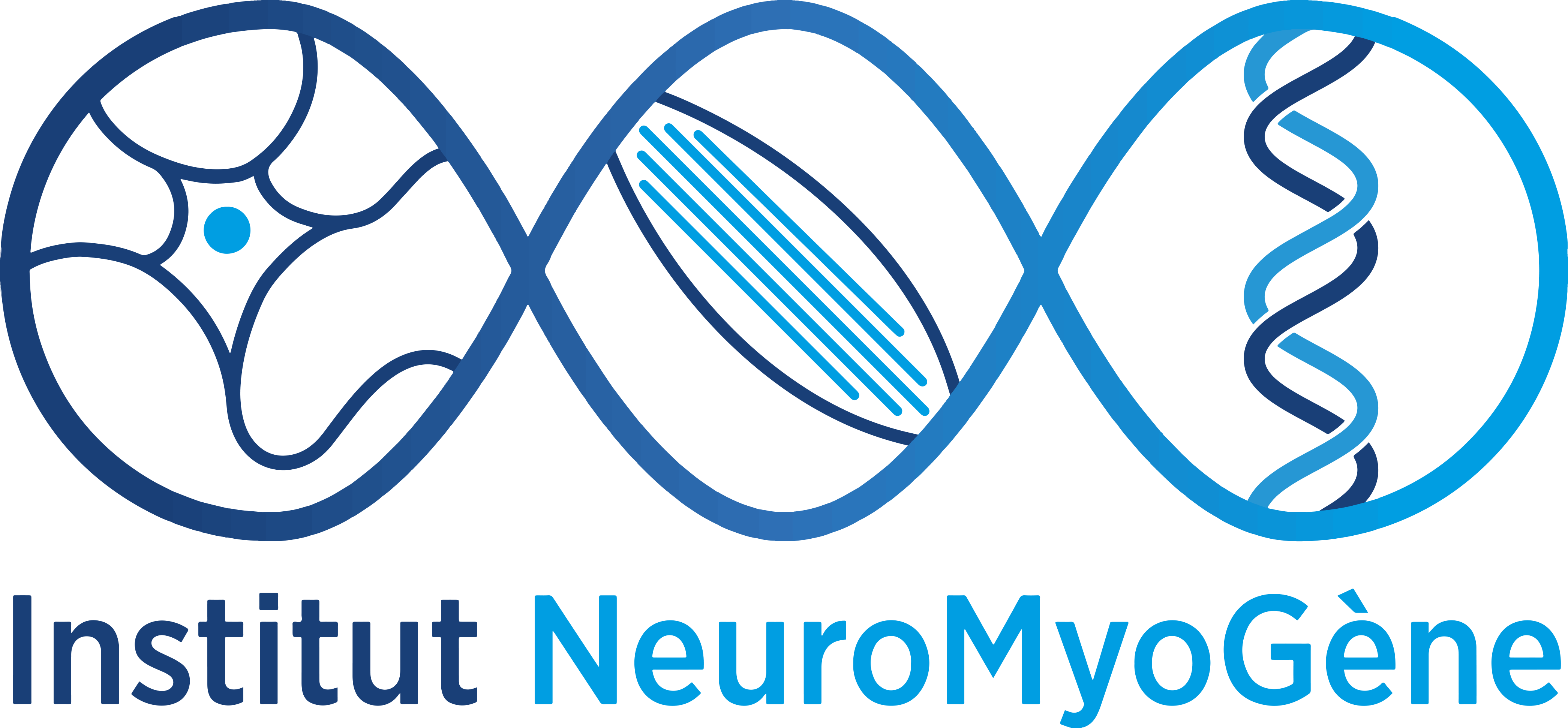From symbiosis to aging: Clownfish, as an emerging models for Eco-Evo-Devo – Vincent Laudet
Eco-Evo-Devo Unit, Okinawa Institute of Science and Technology, Japan; Institute of Cellular and Organismic Biology, Academia Sinica, Taiwan; IRL CNRS 2028 “EARLY”
Clownfish are becoming relevant marine models in developmental biology and evolutionary sciences. A large amount of knowledge has been gathered on these iconic fish by ecological labs that have characterized their ecology, diversity, pigmentation, behavior and complex interactions. Now the time is ripe to start looking to the molecular and developmental basis of all these features. In my lab we are using the clownfish Amphiprion ocellaris as a functional model on which experimental approaches can be performed. Because they live in highly structured social group in sea anemone, they allow tackling a series of scientific questions such as the social control of growth, sex change or the molecular basis of symbiosis. More recently we have also started to study them for their quite unusual longevity (up to 30 years!). I will present this emerging fish models mainly focusing on their life history strategy and how hormones control their plastic response to environment.
Scientific outline
Born in 1963, Vincent Laudet is Professor of Marine Sciences at OIST in Japan and Joint Distinguished Research Fellow at Academia Sinica in Taiwan. His research group use the extraordinary diversity of coral reef fish, and in particular the clownfish to better understand the role of hormones in the evolution of life history and color patterns, integrating ecologiy evolution and development.
After obtaining his PhD in biology at the Pasteur Institute in Lille in 1992 he founded a research team working on the role of hormones in cancer. From 1997 to 2015 he was a professor at the ENS de Lyon, before he became director of the Institute of Functional Genomics of Lyon in 2008. Between 2015 and 2020 he was director of the Marine Station of Banyuls-sur-Mer and professor at Sorbonne University in Paris.
Vincent Laudet is a researcher who is able to passionately expound upon contemporary biology, mixing input from health sciences with those of environmental science and ecology. His research explored how the hormones that control entire areas of human health also play a major role in the evolution of organisms and their ability to adapt to climate change.
Working from different unconnected areas of science, he seeks to break down barriers in marine biology and oceanography, to allow citizens, civil society, politicians and industrialists to be a part of research effort. His stance is that the future organization of our entire society will effectively depend on the results of this research.
He has published over 250 scientific articles in international journals, participated in the writing of ten books and published numerous articles explaining his work in simple terms to access a wider audience. He is also constantly in the media to explain the positive and negative implications of the ongoing genomics revolution, and to explain the biological hidden springs of our behaviors.
Most recent books
Ulysse en Méditerranée
Presses Littéraires, june 2020
Les vies minuscules d’Édouard Chatton
CNRS Editions, november 2020
Evolution, Development and Ecology of Anemonefishes
CRC Press , november 2022

